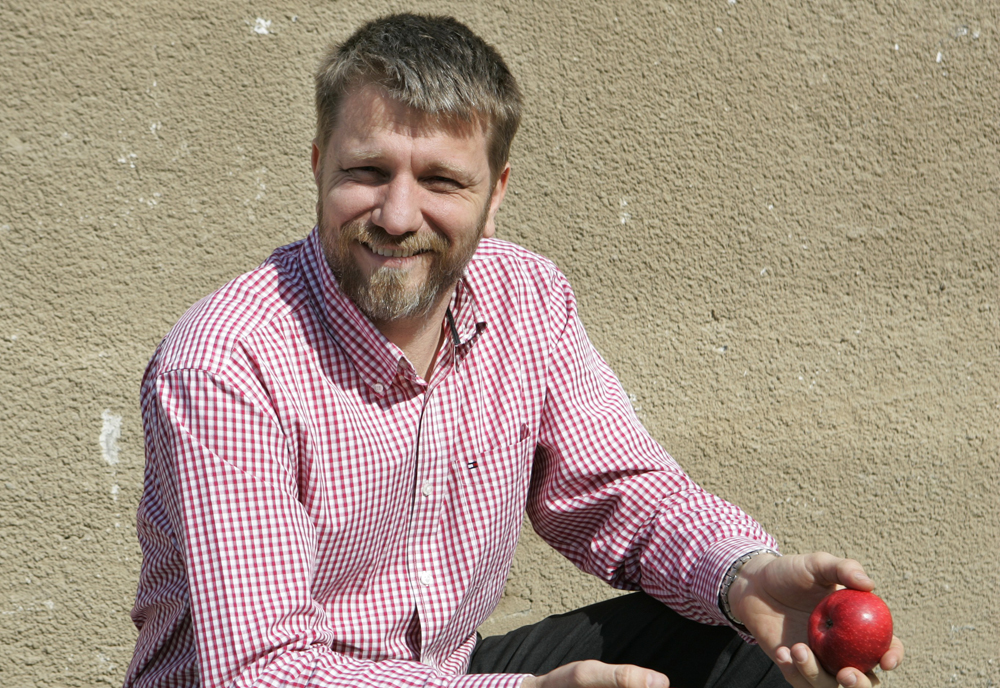Food farmed in the UAE is actually less sustainable and environmentally friendly than some imported organic food, according to CEO of Organic Foods and Café, Nils El Accad.
“Most farmers rely upon desalinated water, which means the carbon footprint of food grown using it is much higher than if you air freight it in,” said El Accad.
Using natural ground water on the other hand has implications for food security, believes El Accad.

| Advertisement |
“Farmers not using desalinated water are using ground water, which they put through reverse osmosis. In these farming areas they have pumped out so much water that it’s already salty and it’s becoming saltier and saltier,” said El Accad.
“If there ever were food security issues and we were cut off the water would be way too salty to use it by that time. They’re taking the most critical and important resource that we have and squandering it. We don’t have water here, it’s a stupid idea to farm without water.”
According to El Accad, the most sustainable and environmentally friendly option is to import organically farmed food from nearby countries that have higher supplies of the elements needed to farm organically: labour, good quality soil and water.
“The organic food we import from Egypt starts as carbon negative, because the farm composts a lot and trap a lot of carbon in the soil, and it also doesn’t use the chemical fertilizers and pesticides which have a carbon footprint,” said El Accad. “So this offsets the air freight miles to make the food carbon neutral.”
El Accad proposes Pakistan as the answer to the sustainable food question for the UAE:
“We should be buying up land in Pakistan and teaching them to farm organically. Pakistan has a plentiful supply of water, soil and labour, as well as good political relations with the UAE,” he said.









 Search our database of more than 2,700 industry companies
Search our database of more than 2,700 industry companies










Mar 27, 2011 , Oman
Organic food is NOT healthier a false claim that organic "growers" no longer can make. A tomato grown with cow excrement or urea and other manufactured fertilizers is still the same tomato. A tomato or any other plant is what it because of its genetic keys. There is no scientific test that can...
Mar 26, 2011 , USA
Nils has some good ideas and points, especially about depleation of the ground water and a great imagination about utilizing Pakistan and all. On the other hand, the UAE worked at and strived to show independence from the rest of the world for a while now and the desalization of sea water is inde...